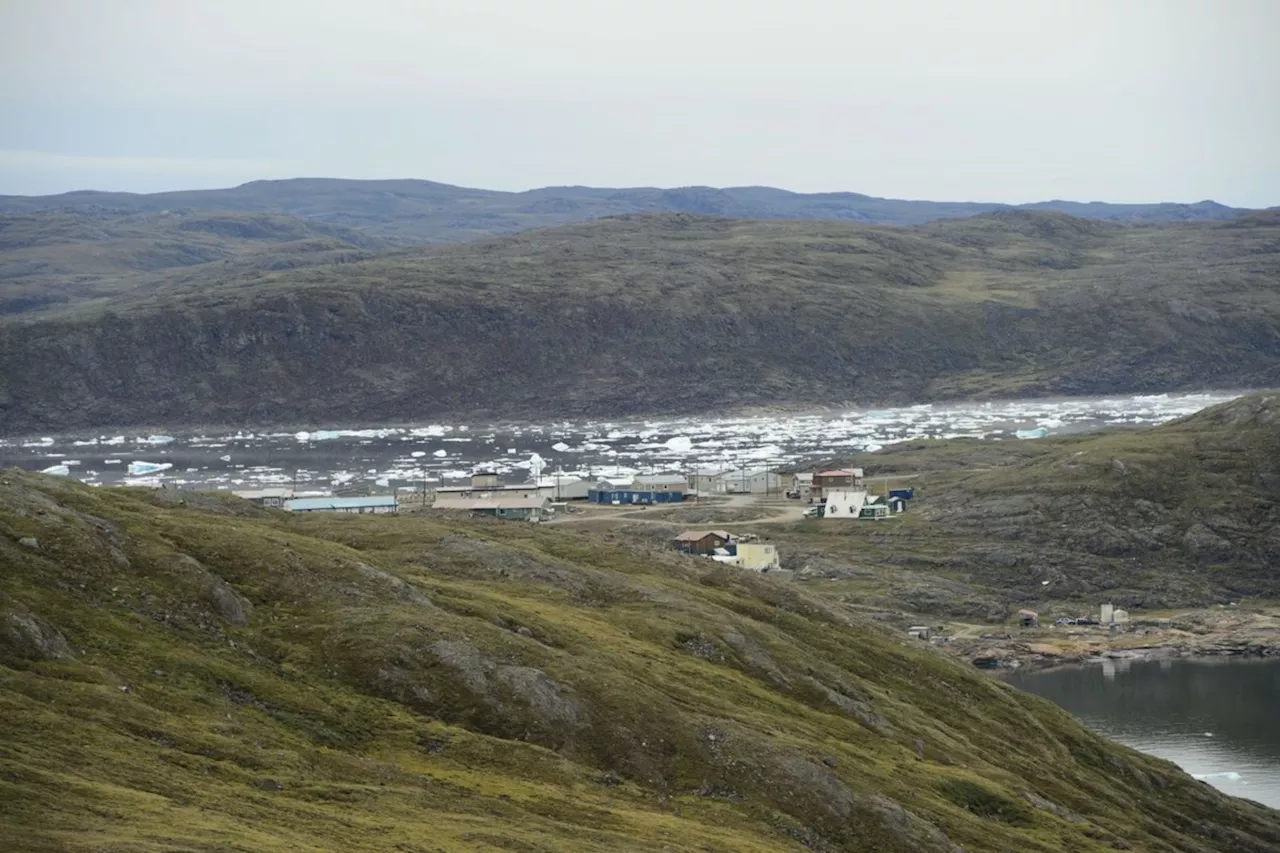A new study suggests regions of the Arctic tundra are now releasing more planet-warming gases than they absorb, upending a millennia-old trend.
The study published in academic journal Nature Climate Change suggests many tundra regions may have started to release more carbon dioxide than they absorb, calling it a"noteworthy shift in carbon dynamics."
The study says while the region comprised of the boreal forest and the Arctic increased how much carbon it can hold in its plants and soils from 2001 to 2020, about a third of the region had become a net source of carbon dioxide as permafrost thaws and soils dry out. Sue Natali, one of the authors, says the study stood out for its pan-Arctic approach, combining satellite and field observations from an international team to come up with its expansive results.
"I think to be able to see it over such a large area – to detect it, to monitor it – is quite surprising, and it represents a shift in how this system is functioning," she said in an interview.
Canada Latest News, Canada Headlines
Similar News:You can also read news stories similar to this one that we have collected from other news sources.
 Mass of Arctic air invades parts of Canada, sends mercury plungingFREDERICTON — A mass of cold air that meandered south from the Arctic has sent temperatures plunging across parts of Canada from New Brunswick to eastern Alberta.
Mass of Arctic air invades parts of Canada, sends mercury plungingFREDERICTON — A mass of cold air that meandered south from the Arctic has sent temperatures plunging across parts of Canada from New Brunswick to eastern Alberta.
Read more »
 Mass of Arctic air sends temperatures plunging across parts of CanadaExtreme cold warnings are in effect across the country, with temperatures feeling like -40 C in parts of Alberta, -45 C in Saskatchewan and Manitoba, and down to -50 C in Northern Ontario
Mass of Arctic air sends temperatures plunging across parts of CanadaExtreme cold warnings are in effect across the country, with temperatures feeling like -40 C in parts of Alberta, -45 C in Saskatchewan and Manitoba, and down to -50 C in Northern Ontario
Read more »
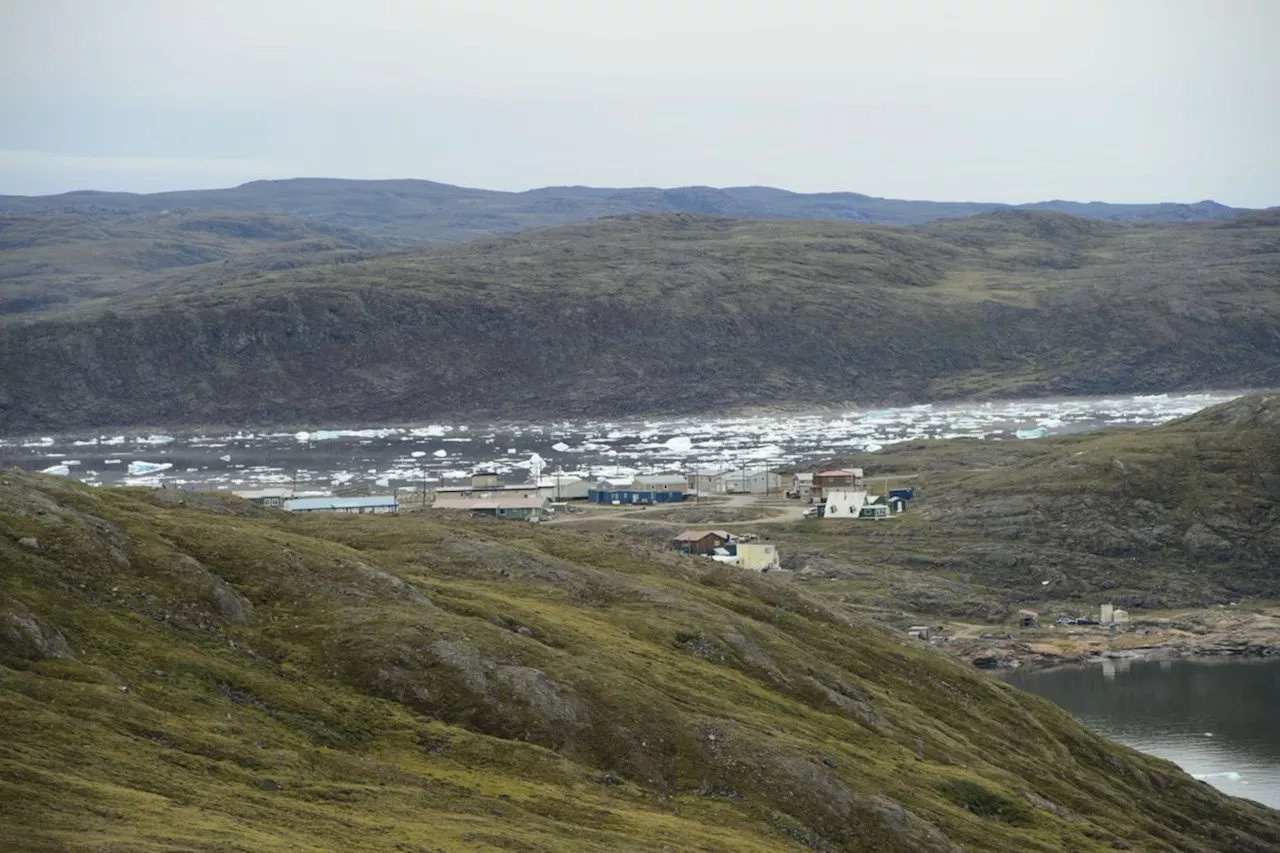 Arctic Tundra Becomes Net Carbon Emitter, Study FindsA new study published in Nature Climate Change reveals that regions of the Arctic tundra are now releasing more planet-warming gases than they absorb, marking a significant shift in carbon dynamics. The study suggests thawing permafrost, frozen ground covering vast areas of Canada and other Arctic regions, is a key driver of this change. As permafrost thaws, long-dead plant matter decomposes, releasing carbon dioxide and methane back into the atmosphere. This positive feedback loop further accelerates global warming.
Arctic Tundra Becomes Net Carbon Emitter, Study FindsA new study published in Nature Climate Change reveals that regions of the Arctic tundra are now releasing more planet-warming gases than they absorb, marking a significant shift in carbon dynamics. The study suggests thawing permafrost, frozen ground covering vast areas of Canada and other Arctic regions, is a key driver of this change. As permafrost thaws, long-dead plant matter decomposes, releasing carbon dioxide and methane back into the atmosphere. This positive feedback loop further accelerates global warming.
Read more »
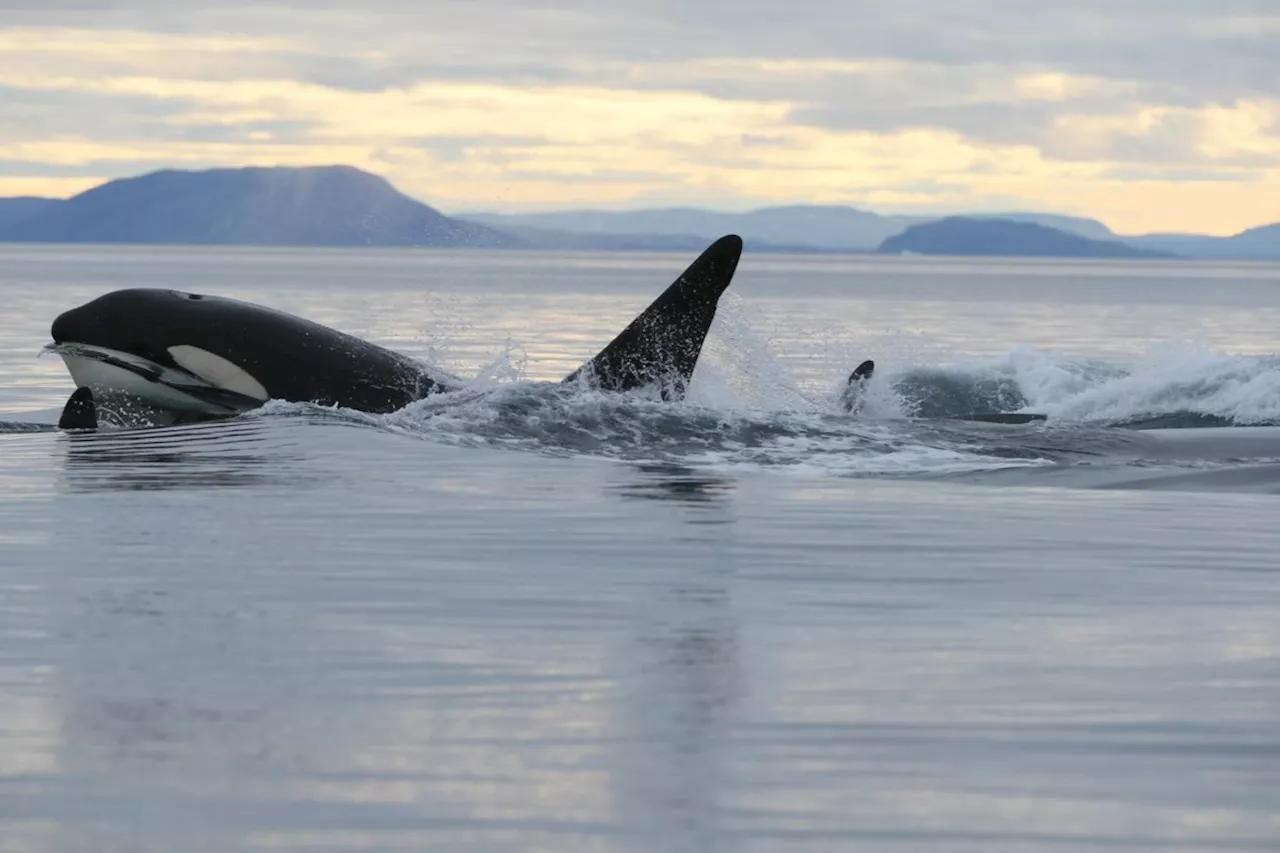 Killer Whales Move Into Arctic Waters, Threatening Prey and EcosystemsAs climate change melts sea ice, killer whales are expanding their territory into Arctic waters, posing a threat to native prey species like belugas, narwhals, and bowhead whales. Canadian scientists have identified two genetically distinct populations of orcas in the region, raising concerns about potential ecosystem disruptions.
Killer Whales Move Into Arctic Waters, Threatening Prey and EcosystemsAs climate change melts sea ice, killer whales are expanding their territory into Arctic waters, posing a threat to native prey species like belugas, narwhals, and bowhead whales. Canadian scientists have identified two genetically distinct populations of orcas in the region, raising concerns about potential ecosystem disruptions.
Read more »
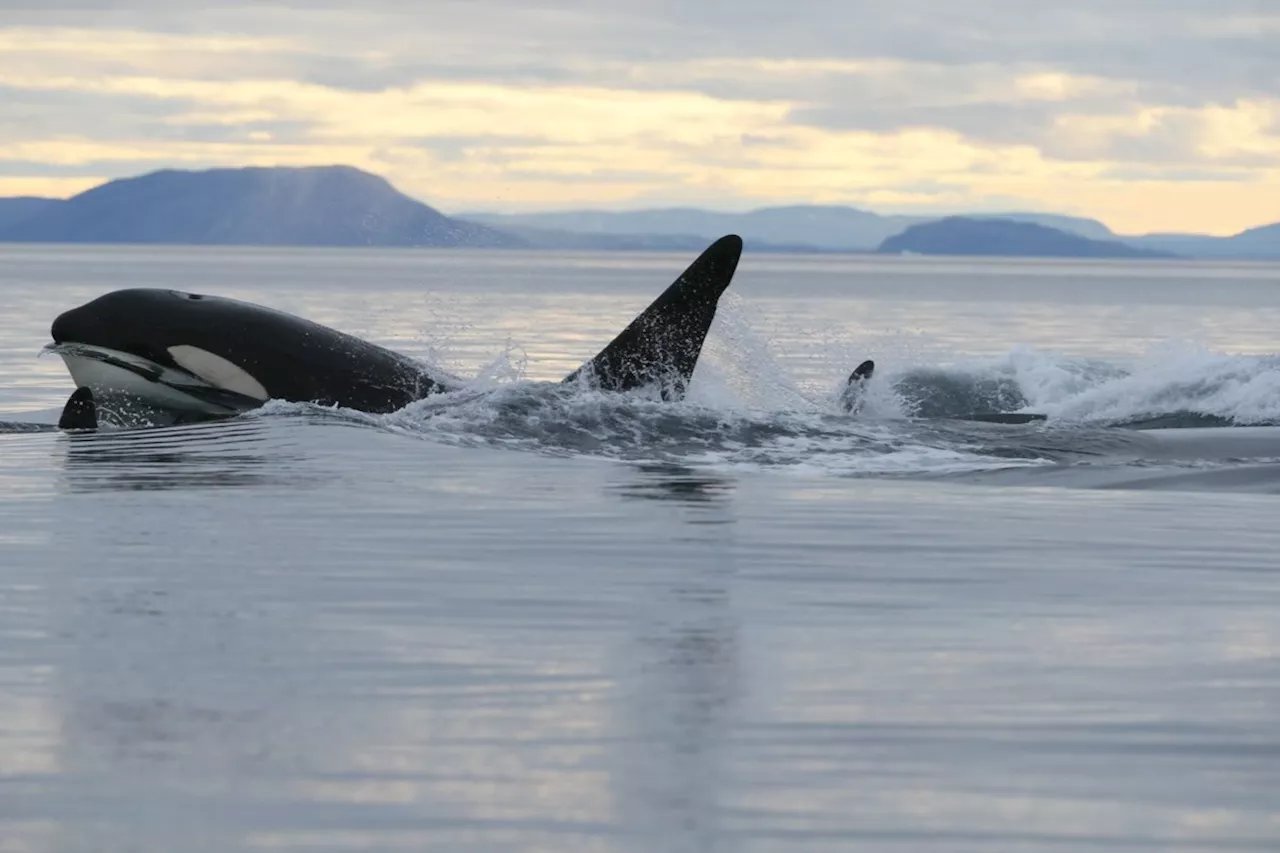 Killer Whales Move Into Arctic Waters, Raising ConcernsTwo distinct populations of killer whales have been spotted in the Arctic, raising concerns about the potential impact on the delicate ecosystem. As sea ice melts, these apex predators are expanding their territory, with the potential to disrupt the food web and threaten prey species like beluga whales, narwhals, and bowheads.
Killer Whales Move Into Arctic Waters, Raising ConcernsTwo distinct populations of killer whales have been spotted in the Arctic, raising concerns about the potential impact on the delicate ecosystem. As sea ice melts, these apex predators are expanding their territory, with the potential to disrupt the food web and threaten prey species like beluga whales, narwhals, and bowheads.
Read more »
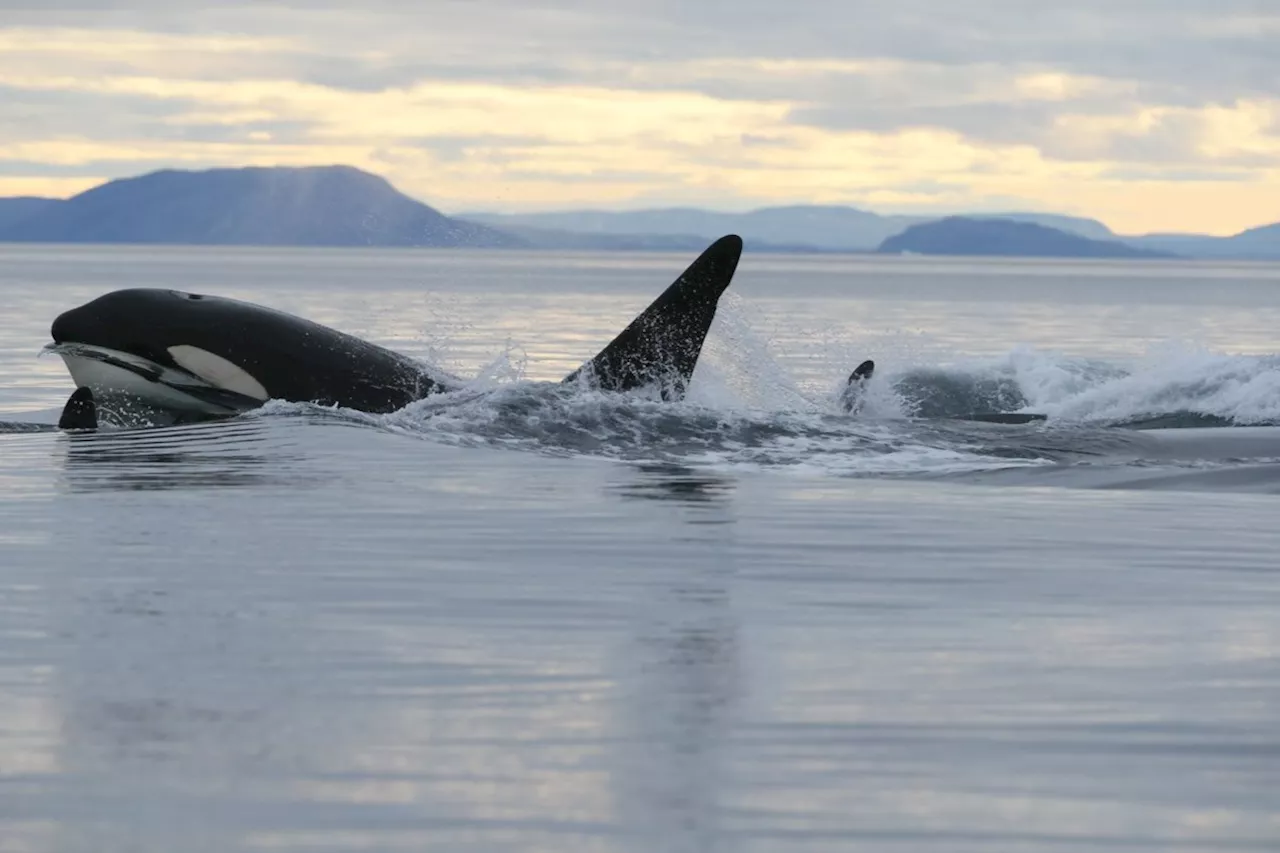 Killer Whales Enter Arctic Waters, Raising Concerns for EcosystemTwo distinct populations of killer whales have been identified in the Canadian Arctic as climate change melts sea ice, prompting concerns about potential impacts on the local ecosystem.
Killer Whales Enter Arctic Waters, Raising Concerns for EcosystemTwo distinct populations of killer whales have been identified in the Canadian Arctic as climate change melts sea ice, prompting concerns about potential impacts on the local ecosystem.
Read more »
